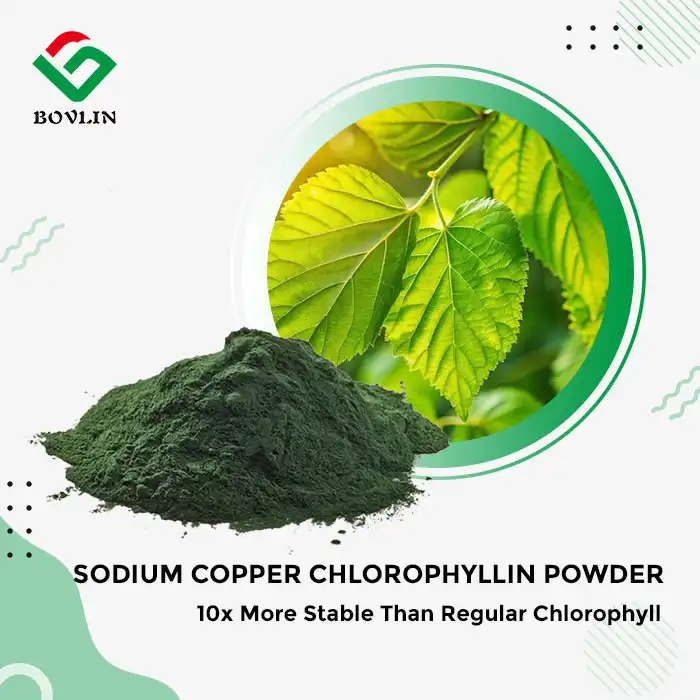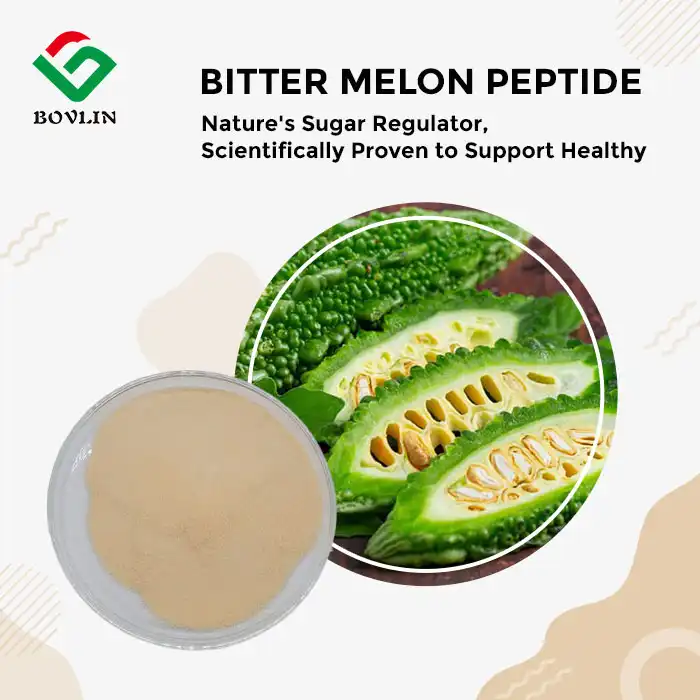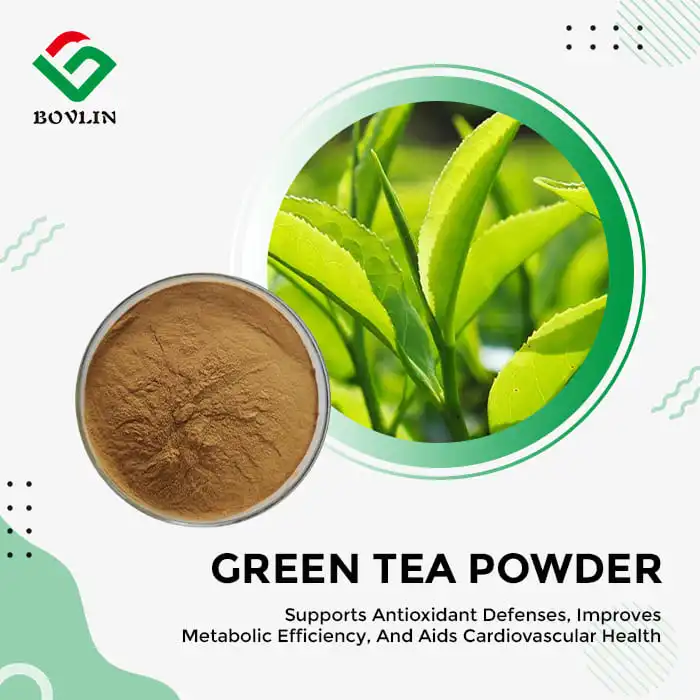Can Nattokinase Help Regulate Cholesterol Levels?
The Cholesterol-Nattokinase Connection
Nattokinase, the enzyme extracted from natto, has demonstrated potential in regulating cholesterol levels. This fibrinolytic enzyme works by breaking down fibrin, a protein involved in blood clot formation. While its primary action is on the circulatory system, research suggests that nattokinase may also influence lipid metabolism, potentially affecting cholesterol levels in the body.
Nattokinase's Impact on LDL and HDL Cholesterol
Studies have indicated that nattokinase powder may have a positive effect on both low-density lipoprotein (LDL) and high-density lipoprotein (HDL) cholesterol. Some research suggests that pure nattokinase supplementation could lead to a reduction in LDL cholesterol, often referred to as "bad" cholesterol, while potentially increasing HDL cholesterol, known as "good" cholesterol. These effects, if consistently demonstrated, could position nattokinase as a valuable ingredient in cholesterol management products.
Potential Synergistic Effects with Other Compounds
The nattokinase enzyme may work synergistically with other natural compounds to enhance its cholesterol-regulating properties. Some studies have explored combining nattokinase with red yeast rice or other plant-based extracts, showing promising results in managing lipid profiles. This synergistic approach could open new avenues for product development in the functional food and supplement industries.
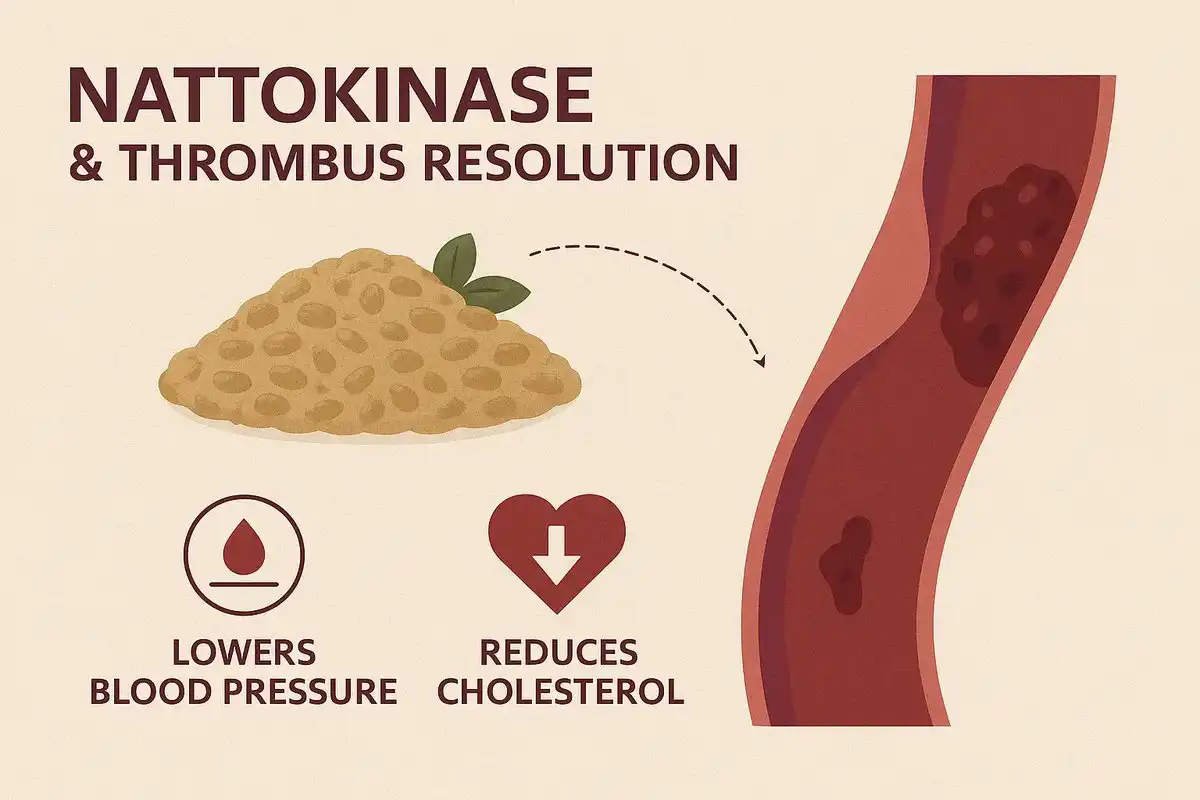
Mechanisms of Action on Lipid Metabolism
Enzymatic Activity and Lipid Breakdown
The nattokinase enzyme is best known for its fibrinolytic properties, but these actions may also contribute indirectly to lipid metabolism. By breaking down fibrin and improving overall blood circulation, nattokinase can support more efficient transport and utilization of lipids throughout the body. Enhanced circulation helps deliver lipids to tissues where they can be metabolized effectively, reducing the likelihood of buildup in blood vessels. This mechanism highlights nattokinase’s broader role in promoting healthier cholesterol balance and overall cardiovascular function.
Influence on Hepatic Lipid Metabolism
The liver is central to regulating cholesterol synthesis and lipid homeostasis, and research indicates that natto nattokinase may play a role in these processes. Early findings suggest that nattokinase could modulate key liver enzymes involved in both lipid production and breakdown, potentially reducing excess cholesterol formation. This hepatic influence makes nattokinase an interesting candidate for natural approaches to managing cholesterol. By supporting healthy liver function, nattokinase may indirectly promote improved lipid profiles and overall metabolic balance in the cardiovascular system.
Modulation of Gene Expression
In addition to enzymatic and hepatic pathways, nattokinase powder may also influence cholesterol regulation at the genetic level. Preliminary studies propose that it could upregulate genes associated with cholesterol efflux, facilitating the removal of cholesterol from cells, while downregulating genes linked to cholesterol synthesis. Such gene-modulating effects suggest a multifaceted approach to managing lipid metabolism. Pure nattokinase, therefore, represents not only a fibrinolytic enzyme but also a potential regulator of molecular pathways, opening new directions for functional foods and nutraceutical development.
Research Findings on Cholesterol and Heart Health
Clinical Studies on Nattokinase and Lipid Profiles
Several clinical studies have investigated the effects of natto nattokinase on lipid profiles. While results have been mixed, some trials have shown promising outcomes. A notable study involving participants with moderately elevated cholesterol levels found that regular consumption of nattokinase powder resulted in significant reductions in total cholesterol and LDL cholesterol over 12 weeks. These findings suggest potential applications for nattokinase in cholesterol management products.
Long-term Effects on Cardiovascular Health
Research into the long-term effects of nattokinase on cardiovascular health has yielded intriguing results. Some longitudinal studies have indicated that regular consumption of natto or nattokinase supplements may be associated with improved cardiovascular outcomes. While more extensive research is needed, these findings highlight the potential of the nattokinase enzyme in supporting overall heart health, beyond its effects on cholesterol levels.
Comparative Studies with Traditional Cholesterol-Lowering Agents
Comparative studies have begun to explore how pure nattokinase performs against traditional cholesterol-lowering agents. While nattokinase may not match the potency of pharmaceutical interventions, some research suggests it could be a valuable complementary approach. These studies underscore the potential of nattokinase as a natural alternative or adjunct to conventional cholesterol management strategies, opening up new possibilities for product formulation in the natural health industry.
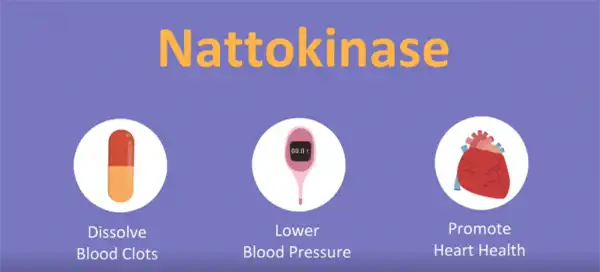
Conclusion
The relationship between natto nattokinase and cholesterol regulation presents exciting opportunities for the plant extract and natural ingredient industries. While research continues to evolve, the potential of nattokinase powder and pure nattokinase in supporting healthy lipid profiles and overall cardiovascular health is promising. As manufacturers and enterprises explore innovative solutions for functional foods and supplements, the nattokinase enzyme stands out as a compelling ingredient worthy of further investigation and product development.
Contact Us
For more information about our nattokinase products and how they can benefit your formulations, please get in touch with us at sales1@bovlin.com. Our team of experts is ready to assist you in developing cutting-edge solutions for cardiovascular health and cholesterol management.

